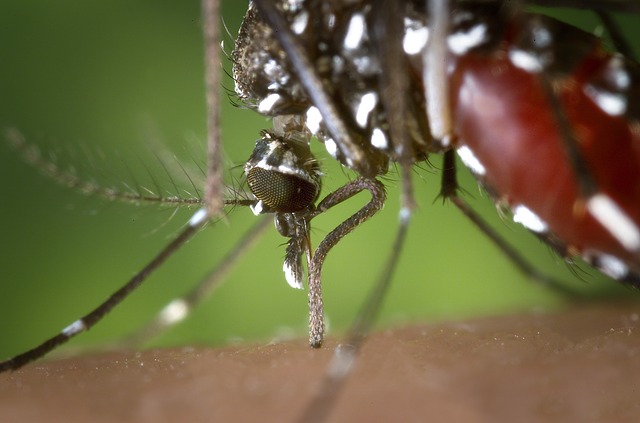In a follow-up on the chikungunya outbreak in Karachi, Pakistan, the outbreak tally has risen to some 2,076 ‘suspected’ cases of chikungunya in the city, according to Sindh health ministry officials.

The outbreak prompted a 9-member World Health Organization (WHO) team to visit Karachi last week to provide support for the Sindh health officials.
It is reported that the WHO team recommended “radical measures” to battle the outbreak; however, specifics have not been released to date.
Some basic recommendations agreed upon include effective and integrated vector control and improving environmental conditions.
It is also reported that the WHO team expressed dissatisfaction over the health department’s performance in vector borne disease control in the province.
On Friday, a day after the WHO team visit, the Sindh health department nominated Dr Masood Solangi, programme manager of Sindh’s Dengue Prevention and Control Programme, as the provincial focal person for Chikungunya control and management programme.
Karachi is not the only area experiencing a rise in chikungunya. Balochistan province in the southwestern region of the country has seen at least 472 suspected chikungunya cases from Jan. 1 through Mar. 17.
Reports note that frequent travel to Karachi was cited as the main cause of chikungunya occurrence. Most people travelled to Karachi for trade, study, tourism and meet their relatives.
Related:
- Pakistan: More than 22,000 leishmaniasis cases reported in Khyber Pakhtunkhwa since 2014
- Pakistan: Chickenpox outbreak claims 16 lives in past 4 months in Faisalabad
- Pakistan: 1st Naegleria fowleri death of 2017 reported in Karachi
- Rabies scare from milk in Pakistan
- Pakistan reports 20 Crimean-Congo Hemorrhagic fever deaths this year


Looks like the big meltdown is gaining. Never could stomach the WHO or our plague mungers. You will know after a few weeks when all $$$$ has been collected and yet doing nothing would have come out better.